
Foreign experts and scholars are closely following China's economic development plan and direction as the 2016 annual sessions of China's national legislature and its top advisory body are being held in Beijing.
China's 13th Five-Year Plan "is of particular significance in both practical and symbolic sense" as its timeframe overlaps with the 2021 target for China to become a moderately well-off society, one of the goals presented in Chinese President Xi Jinping's China Dream vision, said Michal Kolakowski, an expert of the Polish Economic Congress Foundation.
"While previous plans paved a way to China's social and economic advancement, the 13th plan period is a breakthrough point," said Kolakowski, referring to the 13th Five-Year Plan, the draft outline of which is being discussed at the annual sessions of the 12th National People's Congress (NPC) and the 12th National Committee of the Chinese People's Political Consultative Conference (CPPCC).
"The plan will decisively overhaul, modernize and strengthen China's growth engine, laying stable foundations for further growth," said the Polish expert.
"What is equally important is, the achievement of the higher-middle level income goal at the year of the 100th founding anniversary of the Communist Party of China (CPC) will convey a clear message to both the people of China and the international public opinion about success and efficiency of the Party's leading role," said Kolakowski.
While there are many serious challenges on the path to successfully implement the 13th plan, Chinese authorities are highly capable to implement economic reforms, said the expert.
"In a period of relative anxiety in the West about the course of the Chinese economy it is important for China to proceed with specific steps to boost its national economy," said George Tzogopoulos, a research fellow at Hellenic Foundation for European & Foreign Policy in Greece.
China's future and its international influence depend on the CPC's ability to continue on the reform path opened by Deng Xiaoping, said Christianna Loundris, a research fellow at the nongovernmental Eastern Mediterranean Geostrategic Watch. "China should focus its efforts to retain positive performance in key sectors such as economic development, political and social stability and territorial integrity," she said. "Given the fact that the Chinese economic miracle was based in a large extent on globalized economic networks, it would be interesting to follow the way China will react to the friction and the mechanisms Beijing will develop to minimize problems, as well as how the country will deal with the impact the new economic environment ... has on its further development and investment plans," she added.
China's ongoing economic transformation, which addresses mainly the national sustainable development issues, will benefit at the same time countries as Romania, said Razvan Paunescu, managing partner of the Paunescu & Partners law firm in Romania. Chheang Vannarith, chairman of the Cambodian Institute for Strategic Studies, said that China's economic reform should focus on productivity, innovation and entrepreneurship, and that investment in human capital, research and development will decide China's future.
That is the key to a moderately well-off society, he added. Khairy Tourk, a professor of economics of Stuart School of Business, Illinois Institute of Technology, the United States, has utmost confidence in China's economy. China is definitely on the right trajectory moving from low-end manufacturing to knowledge-intensive economy, Tourk told Xinhua.
China has two major advantages -- a large labor force that are disciplined, mostly educated and hard-working, and excellent economic planners who can acquire modern technologies and are now working hard to move the country up the technology ladder, said Tourk. As the world continues to suffer from stagnation, there is no doubt that China's role as an engine of global growth would increase, Tourk added.
















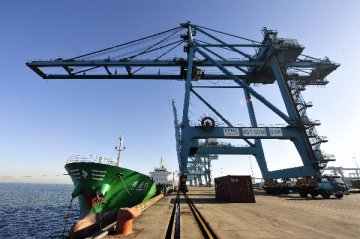
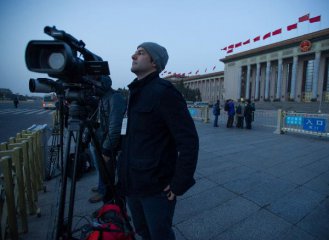
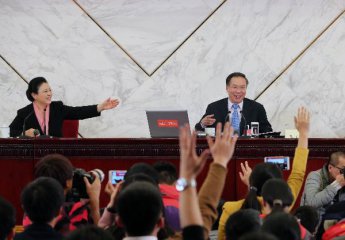

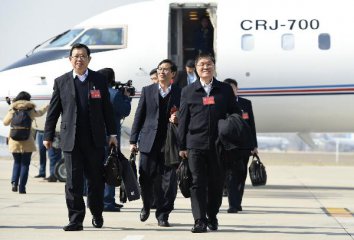
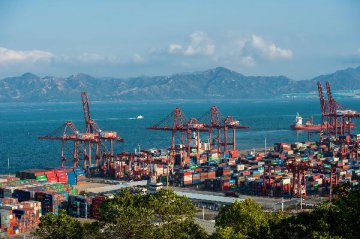


Latest comments